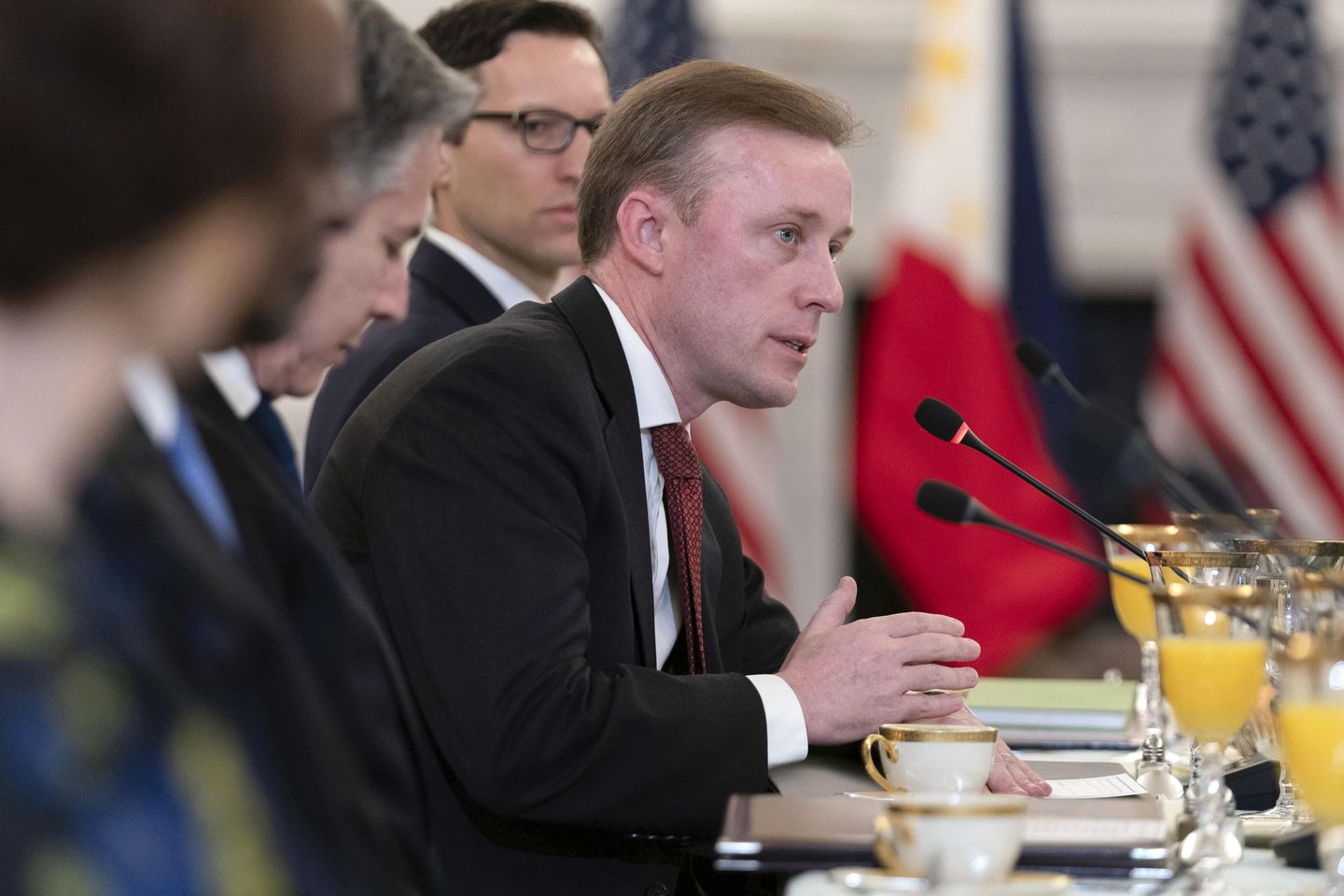President Biden’s national security adviser, Jake Sullivan, is set to embark on a crucial trip to Beijing from Tuesday to Thursday in an effort to ease tensions between the United States and China. The meeting between Sullivan and his Chinese counterpart comes at a time of heightened geopolitical competition and strained relations between the two superpowers.
The visit is part of the Biden administration’s ongoing efforts to engage with China on a range of issues, including trade, human rights, and regional security. The meeting between Sullivan and his Chinese counterpart is expected to focus on finding common ground and managing areas of disagreement between the two countries.
Tensions between the United States and China have been escalating in recent years, with both countries engaging in a war of words and actions on a number of fronts. The Biden administration has made it clear that it sees China as a strategic competitor and a major challenge to US interests.
Sullivan’s trip to Beijing is seen as an opportunity to engage directly with Chinese officials and lay the groundwork for future cooperation on key issues. The Biden administration has made it a priority to engage with China on a range of issues, including climate change, nuclear proliferation, and cybersecurity.
The meeting between Sullivan and his Chinese counterpart is expected to touch on a number of key issues, including trade, human rights, and regional security. The two sides are likely to discuss ways to address their differences and find common ground on areas of mutual interest.
The Biden administration has made it clear that it intends to take a firm and principled stance on issues such as human rights and democracy in China. Sullivan is expected to raise concerns about China’s human rights record and its treatment of ethnic minorities, including Uighurs and Tibetans.
At the same time, the Biden administration is also keen to find areas of cooperation with China on issues such as climate change and nuclear proliferation. The two countries are the world’s largest emitters of greenhouse gases, and their cooperation is seen as crucial to addressing the global climate crisis.
Sullivan’s trip to Beijing comes at a time of growing concern over China’s assertive actions in the region, including its military buildup in the South China Sea and its crackdown on pro-democracy activists in Hong Kong. The United States has expressed strong support for Taiwan and has called on China to respect the island’s sovereignty.
The meeting between Sullivan and his Chinese counterpart is expected to be a test of the Biden administration’s approach to China. The administration has signaled that it will take a tough stance on issues such as trade and human rights, while also seeking to engage with China on areas of mutual interest.
The Biden administration has made it clear that it sees China as a major challenge to US interests and that it will take a firm and principled stance on issues such as human rights and democracy. Sullivan’s trip to Beijing is seen as an important opportunity to engage directly with Chinese officials and lay the groundwork for future cooperation on key issues.
The meeting between Sullivan and his Chinese counterpart is likely to set the tone for US-China relations in the coming months and years. The two countries have a complex and multifaceted relationship, with both cooperation and competition playing a role in their interactions.
The Biden administration has made it clear that it will seek to engage with China on a range of issues, including trade, human rights, and regional security. Sullivan’s trip to Beijing is part of this broader effort to manage tensions between the two superpowers and find ways to work together on key issues.
Overall, Sullivan’s trip to Beijing is a crucial opportunity for the Biden administration to engage with China on a range of issues and lay the groundwork for future cooperation. The meeting between Sullivan and his Chinese counterpart is expected to be a test of the administration’s approach to China and its ability to manage tensions between the two superpowers.









